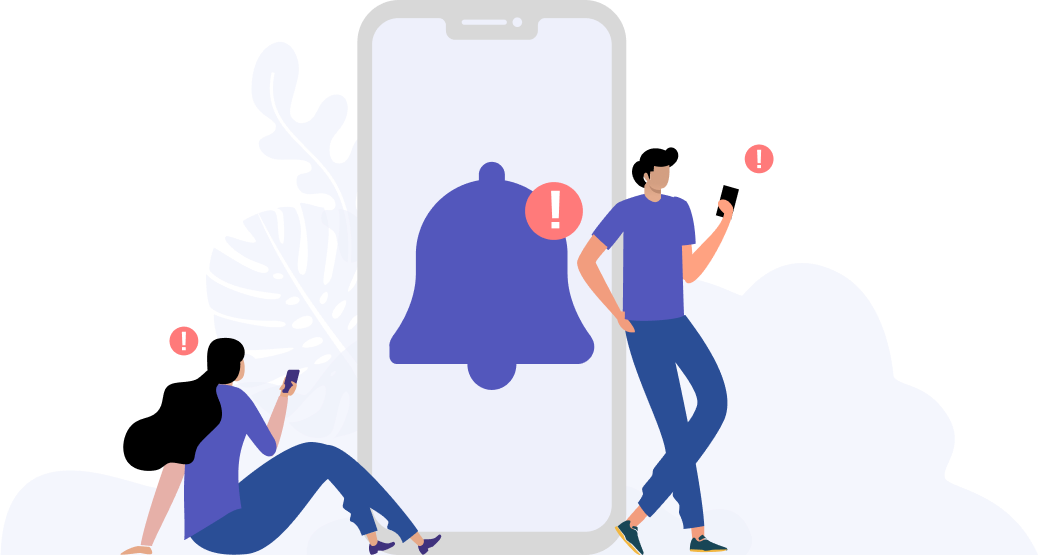There’s More to Technology Than Meets the Eye (Literally)
Not All Screen Time Is Bad For Our Children

(Image Source from iStock )
Back in the days when touchscreen phones were not part of the dictionary, we grew up with old-school playthings that did not have a digital screen on them, and we fell asleep while hugging soft toys to our chests. Now, it is more likely that our children fall asleep with a digital device in their hands.
As we enter an increasingly digitized world, children grow up being surrounded by technological gadgets most of the time. The World Health Organization has even taken notice of this change in lifestyle in children and intervened by publishing a report on screen time recommendations for children based on their age.
According to the report, children aged younger than 2 years should not be exposed to any screen time at all, and those aged 2 to 5 years should only have a maximum of 1 hour of screen time daily. Other reports have also recommended that children aged 6 years and older should not spend more than 2 hours each day in front of screens.
But How Many Children Are Actually Adhering to These Guidelines?
Often, it might be the case sometimes that parents cannot help but allow our little ones to have their eyes glued to their screens. As parents, it is definitely not easy juggling our tasks on top of taking care of our children – it is not like we have eight limbs like an octopus! With so many things on our plate, digital devices have somehow become our lifesaver as they provide an easy and convenient way to keep our children entertained while we deal with our own tasks.
Granted, we cannot keep replying on these devices to occupy our children’s attention. As much as they keep our little ones fuss-free, too much screen time may not necessarily be good for them.
How Does Technology Affect Our Children’s Development?

(Image by August de Richeliu from Pixels)
Emerging evidence from population-based studies in Asia and Europe has begun to reveal a link between excessive screen time (particularly from mobile devices) and myopia (short-sightedness), a common childhood eye disease that affects children’s ability to see distant objects. These studies showed a higher prevalence of myopia being found among those who report spending longer periods on small screens.
The period of childhood below 2 years is also considered a crucial period for children’s growth as their bodies are still developing and this is echoed by other research studies that argue for how digital devices could affect their still-developing brains. The brain’s frontal lobe is in charge of analyzing and making sense of social interactions, which then influences the cognitive abilities of our children. This section of the brain develops during this crucial period, but its development could be compromised by the heavy influence of mobile gadgets. However, this does not mean that it is time to throw away everything that comes with a digital screen.
Not All Screen Time Is Bad

(Image By Anastasia Shuraeva from Pexels)
You have probably heard of the saying “you are what you eat” before. Similarly, you are what you watch. Your children are actually able to benefit from what they watch on their digital screens if it is the kind of content that allows for positive development. Certain studies have shown that specific TV programs can enable your children to be educated on the important basics like learning how to count and distinguishing the different alphabets. Therefore, it is important that you choose what kind of media you are allowing your kids to watch wisely.
Why let your kids watch their shows alone? The cognitive benefits that your child gets from viewing the right kind of content is enhanced when you watch it with them. Within the screen time recommendations mentioned above, make most of this precious pocket of time by spending it with your child.
It is hard to live without devices in a world brimming with them. Let us collectively help our children to stay healthy and happy in this digital age by making best use of what these devices can provide for our children.
Tools Designed for Healthier Eyes
Explore our specifically designed products and services backed by eye health professionals to help keep your children safe online and their eyes healthy.





